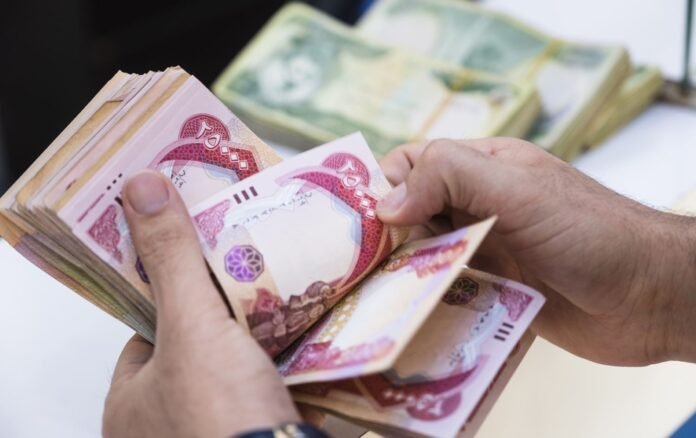The federal government will begin disbursing salaries for public employees in the Kurdistan Region. This long-awaited move comes after nearly three months of unpaid wages and rising political tension between Erbil and the capital.
Deputy Prime Minister Fuad Hussein confirmed the payment, emphasizing that a financial understanding has been reached. “There is an understanding, and today the salaries will be dispersed,” he stated confidently.
Officials in Erbil had expected action soon. Ikhlas al-Dulaimi, deputy head of the federal finance committee, backed that hope. “Today there will be good news regarding the salaries of Kurdistan Region’s civil servants,” she announced.
The Kurdistan salaries crisis has pushed thousands of public workers, including the Peshmerga, into deep financial hardship. At the same time, government employees in other regions continued receiving salaries on schedule. Kurdish leaders accused the capital of using wages as a political tool, while the central authorities said the Kurdistan Region failed to meet financial obligations.
Kurdish Peshmerga leaders met with federal officials and members of the US-led anti-terror coalition. Following those meetings, Peshmerga Minister Shoresh Ismail described the dire situation facing his forces.
“Our salary recipients, especially the Peshmerga forces, are in a difficult financial situation,” Ismail said. “Still, with strong Kurdistani will and determination, they continue to protect the region’s peace and security.” He urged both sides to carry out the agreement quickly to end the Kurdistan salaries crisis.
Both sides finalized a deal to address financial disagreements and oil export procedures. Under the agreement, the Kurdistan Region must export all of its oil through the State Oil Marketing Organization (SOMO), while keeping 50,000 barrels per day for domestic use.
In return, the capital will resume budget payments, send refined fuel if needed, and support the region’s financial needs. The Kurdistan Region is also expected to deliver 120 billion dinars (about $92 million) in non-oil revenues for May.
However, new conditions quickly surfaced. Prime Minister Masrour Barzani spoke in Erbil, expressing his frustration. He revealed that the capital added a new demand after both sides had signed the deal.
“They added another point after the agreement,” Barzani said. The new condition requires the Kurdistan Region to export 230,000 barrels of oil daily before any salaries are released. Barzani strongly criticized this move, pointing to the damage caused by drone attacks on oil fields.
“Terrorists blow up our oil sites and stop production,” he said. “Then they expect us to meet unreachable targets. How can this work?”
Since the announcement of the deal, drone strikes on oil fields have reportedly stopped. Nearly 20 attacks had occurred in July, mostly targeting fields run by international companies.
Despite continued disagreements, the decision to release the funds brings some relief. Many citizens hope this signals the end of the Kurdistan salaries crisis.

